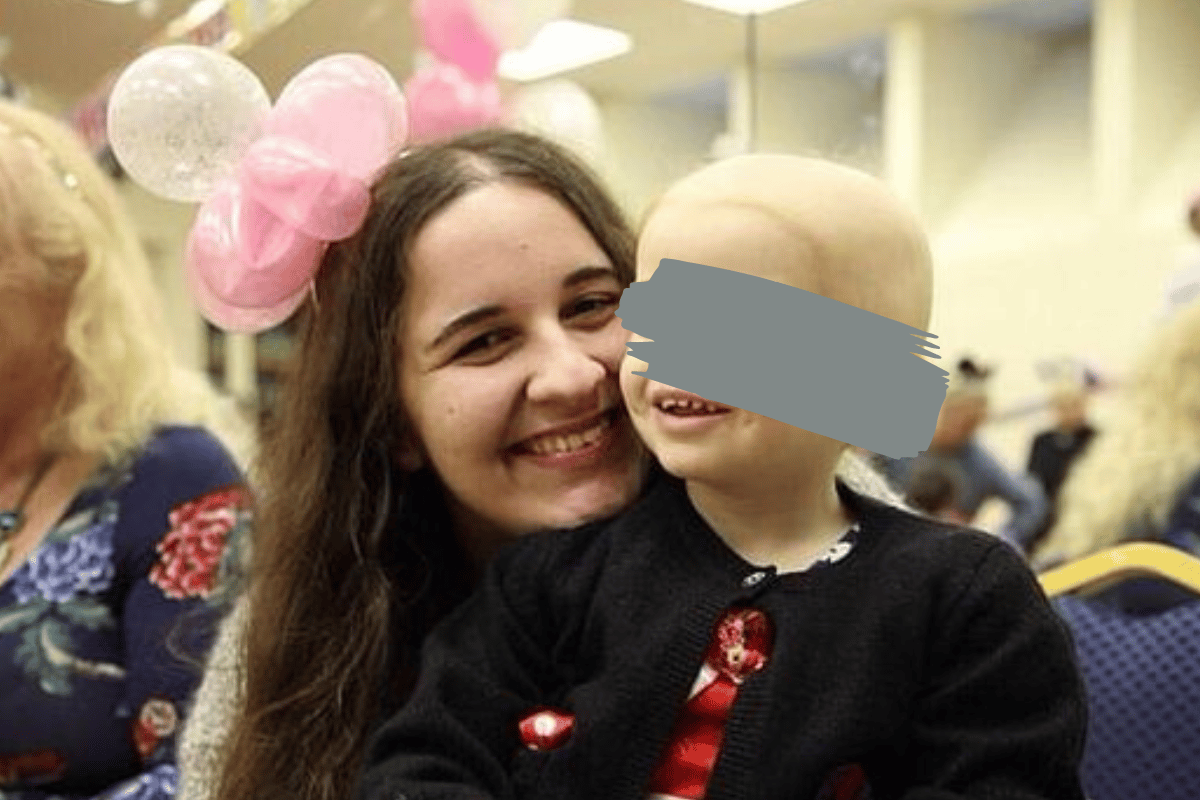
In 2012, children's charity Believe in Magic was set up by 16-year-old Megan Bhari and her mother Jean.
The charity's aim was to help the needs of children and young people up to the age of 18 in the UK suffering from serious or terminal illness. This was done in a 'make-a-wish' sort of way, granting hundreds of sick children's wishes - from lavish parties to sending families on holiday or letting them meet their 'celebrity superhero'.
It was an extremely successful charity that did a lot of good for a number of years, and it raised a large amount of money.
Now a decade on, the charity is shrouded in murky controversy.
"The truth is a lot darker," the journalist behind BBC's Believe in Magic podcast, Jamie Bartlett, tells No Filter. "The story's a lot stranger than this. It didn't add up, there was still something that hadn't been uncovered."
Watch: One Direction 1D: This Is Us official trailer. Post continues below.
As for what spurred Megan's desire to start a charity, she herself knew what it was like to be a young, sick person.

